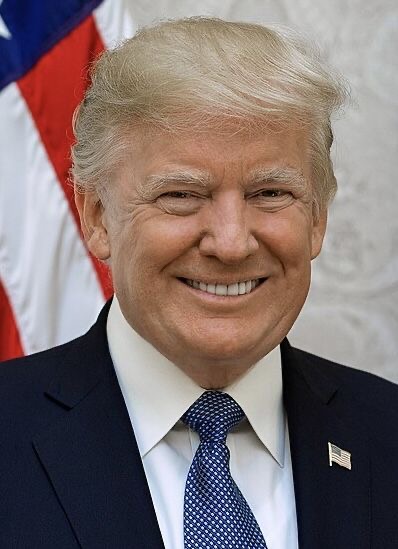Speaking at the 80th session of the United Nations General Assembly on September 23, 2025, U.S. President Donald Trump declared that his administration had successfully ended seven “unendable wars” in just seven months.
“I have ended seven unendable wars in only seven months of my administration,” Trump proclaimed, adding that these conflicts had consumed lives for “10 years, 16 years, 26 years, and even 30 years.” Among the wars he claimed to have resolved, the president cited conflicts in Cambodia, Thailand, Pakistan, India, Egypt, Ethiopia, and the long-running tensions between the Democratic Republic of Congo (DRC) and Rwanda.
Trump hailed this achievement as a “nonpareil” success, insisting that neither world leaders nor the United Nations had ever accomplished such a feat.
While the president praised his efforts, observers and populations directly affected by these conflicts have cast serious doubts on his statements.
In the case of the DRC–Rwanda conflict, Trump pointed to a peace deal signed earlier this year as evidence of his success. The arrangement reportedly offered the United States privileged access to Congolese mineral markets in exchange for Washington’s diplomatic push to foster reconciliation between Kinshasa and Kigali. However, Rwandan President Paul Kagame has never officially referred to this arrangement as a peace deal, and tensions on the ground remain high.
Despite Trump’s assertion that the war is over, armed groups continue to operate in eastern DRC. The M23 rebellion, backed by Rwanda according to Kinshasa and several UN reports, still controls vast swaths of territory, including the strategic cities of Goma and Bukavu.
Meanwhile, the Congolese army (FARDC) struggles to regain control, and a new round of peace talks is underway in Doha, where Congolese officials and M23 leaders are attempting to address the root causes of the conflict.
For civilians in Goma and Bukavu, daily life remains marked by insecurity and economic hardship. Banks remain closed, cutting residents off from financial services and making survival even more difficult.
“Trump says the war is over, but we are still running from bullets. We are still hungry, and some people cannot even pay their children’s school fees,” said a local resident in Goma, speaking on condition of anonymity.
Reactions to Trump’s Speech
Analysts say Trump’s remarks may play well with his supporters at home, who are eager to see America project strength on the world stage. Yet, for populations in conflict zones, his words ring hollow.
“Claiming to have ended wars while people are still dying in them is misleading and dangerous,” said a regional peace researcher based in Nairobi. “It creates a false perception of progress while undermining the urgency of real peace efforts.”
Trump’s bold claim highlights a recurring theme of his presidency: grand declarations of success often contradicted by complex realities on the ground.
As the UN General Assembly continues, the international community will be watching closely to see whether Washington’s promises translate into genuine peace or whether Trump’s self-congratulation overshadows the ongoing suffering of millions caught in wars that remain far from over.





